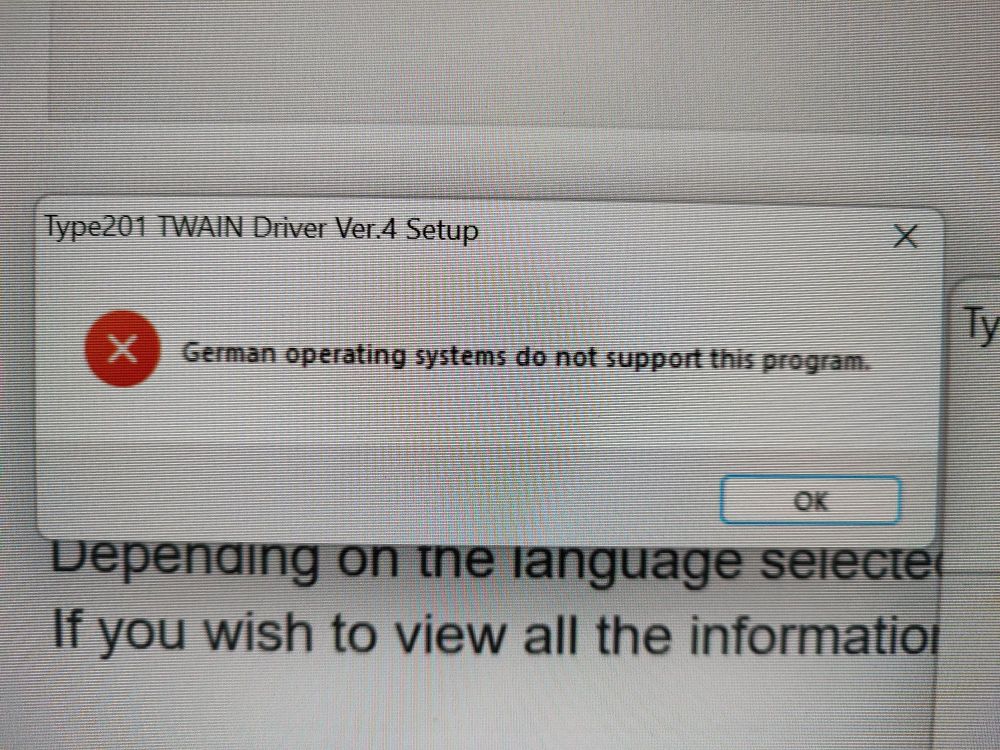discord: wiredaemon
she / her 🏳️⚧️
But sometimes it gets much harder.
Cross over the cell bars, find a new maze, make the maze from it's path, find the cell bars, cross over the bars, find a maze, make the maze from its path, eat the food, eat the path.

But sometimes it gets much harder.
Cross over the cell bars, find a new maze, make the maze from it's path, find the cell bars, cross over the bars, find a maze, make the maze from its path, eat the food, eat the path.
i've thought about the idea but i wasn't sure how good of an idea it was and i wasn't happy with the status of it yet so it's still private but yeah.
it's zig that you can call from clojure. it even has native dependencies as jars

i've thought about the idea but i wasn't sure how good of an idea it was and i wasn't happy with the status of it yet so it's still private but yeah.
it's zig that you can call from clojure. it even has native dependencies as jars

F# has these things called computation expressions!
This enables you to have a DSL with typechecking and the accompanying tooling in F#. It's very wild and cool!
like for example, you can write one for inline assembly
blog.devgenius.io/inline-assem...

F# has these things called computation expressions!
This enables you to have a DSL with typechecking and the accompanying tooling in F#. It's very wild and cool!
like for example, you can write one for inline assembly
blog.devgenius.io/inline-assem...

I think those gloves turned out just fine 😌


I think those gloves turned out just fine 😌

no?
great, here you go 😌
![screenshot showing a clojure map of a list of argument types mapped to function symbols that have mangled names:
{:impls
{[java.lang.String] coffi.mem/bar-^1Z!%,
[java.lang.Long] coffi.mem/bar-^1L!%,
[long] coffi.mem/bar-^1l!%}}](https://cdn.bsky.app/img/feed_thumbnail/plain/did:plc:xir3u52rp2llrcctzmkxuyrp/bafkreic4y54h3lff5tr5iheyaxjcbmfvfijccggwipc5cfsternai7iuwy@jpeg)
no?
great, here you go 😌
the surprising thing to me i guess is that heap memory segments hit way harder than heap objects.

the surprising thing to me i guess is that heap memory segments hit way harder than heap objects.






